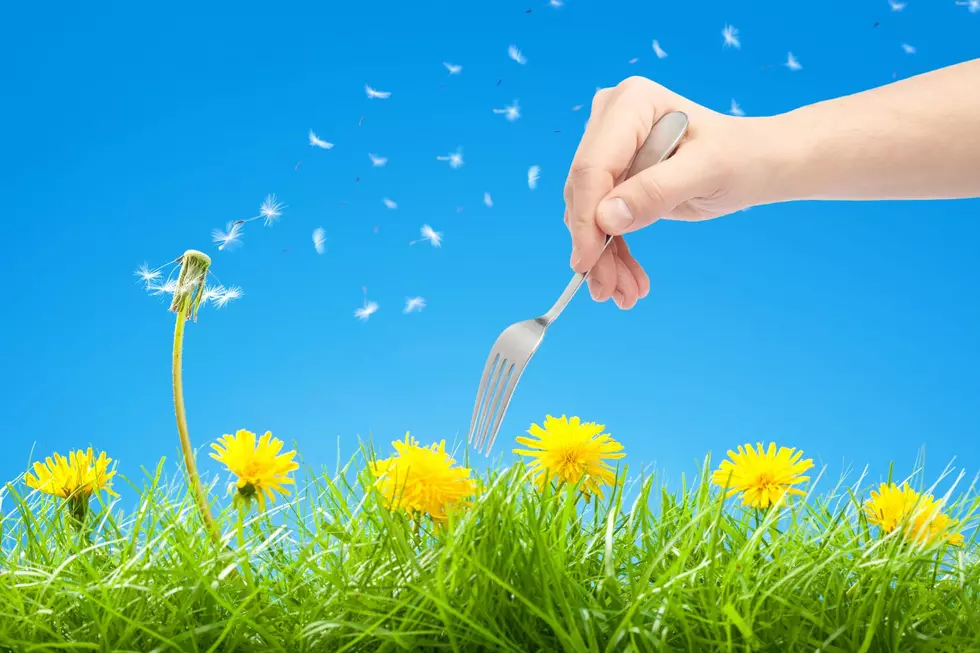
Dandelions Covering Your Texas Lawn? Time for a Snack
Yes, you can eat them, from bloom to root. But we'll come back to that. Growing up I knew dandelions as puffball wishmakers with tiny pieces of fluff that looked magical being gracefully carried away by the breeze.
As an adult I hear people complain about these supposedly-annoying "weeds", yet I cannot resist plucking one up on occasion and puffing a breath in its direction simply to observe its gentle beauty. The fluffy spores still look pretty scampering away together, and I usually still whisper a wish.
However it was not until recently that I realized the expansive nutritional profile of the dandelion. You read that right. Dandelions are edible - from the yellow flowers all the way down the roots - and possess loads of nutritional benefit for the human body.
Some of the most prominent nutrients provided by eating dandelion are Vitamin A, Vitamin K, Vitamin C, Vitamin E, and various B vitamins. Don't forget that fiber content either.
I have yet to assemble a dandelion salad directly from my lawn. However, after hearing about the many health benefits of this plucky little plant, I've recently invested in an herbal tea blend that includes dandelion, and have started sipping a cup in the morning. It tastes similar to coffee - with a hint of sweetness - but without the jitter-inducing caffeine.
Where to find these beneficial flora? I think you know. Just about anywhere. It's highly possible there are some sprouting up through a crack in your driveway at this very moment. Talk about convenience food.
You know you wanna try it. Just be sure and rinse them first.



